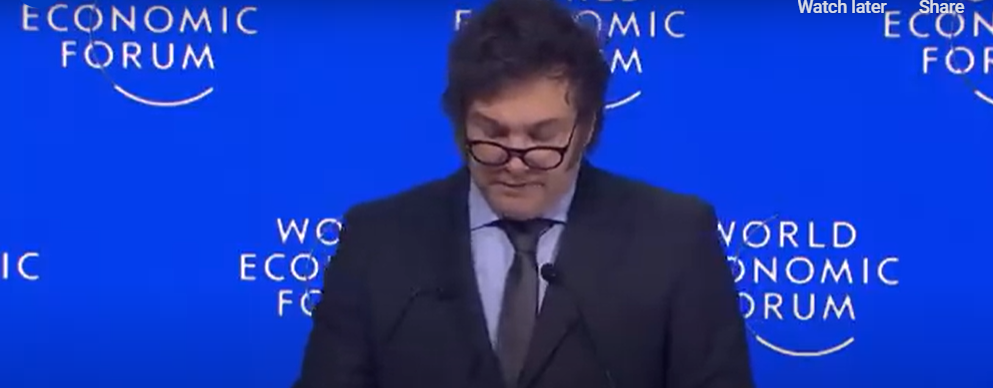New study shows zero correlation between antibody levels and immunity

“COVID booster essential, even among individuals previously infected.”
That was the headline of a recent article from Bar-Ilan University, summarizing a “long-term, cohort study” led by their own researchers. The study found that
Seven to nine months after the second dose of the vaccine, antibody levels throughout the cohort dropped and were comparable in all groups including … those infected before vaccination. The booster, however, led to antibody levels ten times higher than after the second dose in all groups…
and thus concluded that “… all individuals, including those with hybrid immunity (infected and then vaccinated) require subsequent boosters beyond the two initial COVID-19 vaccine doses.”
The study was published in the journal Clinical Infectious Diseases and followed 985 healthcare workers in an Israeli hospital (Ziv hospital in the northern city of Safed) for a period of eleven months.
The study sets out by describing the benefit - measured by increased antibody levels - conferred by natural immunity as well as how that benefit dwindled over the approximately eleven months of the study.
How many times greater level of antibodies in the naturally immune vs. those never-infectedT1: 21 days from dose 1Over 13xT2: (2nd dose) 51 days from dose 13.0xT3: 100 to 150 days from dose 12.1xT4: 152 to 210 days from dose 11.9xT5: 211 to 270 days from dose 11.1xT6: (3rd dose) 271 to 310 days from dose 10.8x
The study noted, almost as an aside, that those trial participants who started out with a COVID infection under their belts had lower infection rates than other cohorts, even during the first month following the shots, when the protection the shots confer is at its peak.
But this finding did not correlate with antibody levels.
In fact, the study showed no correlation whatsoever between antibody levels and the likelihood of becoming infected with COVID.
To take one example: At T4 (around six months into the trial), antibody levels of people who had two shots with a prior COVID infection were around 268.4. People who had two shots and were just about to contract COVID for the first time had antibody levels of 184.4 on average. People who had two shots and were only going to contract COVID in another three months’ time had antibody levels of 128.2 on average.
The study’s authors noted this anomaly albeit understating the finding.
Among those first infected after vaccination, IgG GMC just prior to infection was not different than among those who remained uninfected at the same time point…
Antibody levelT4Previous infection + 2 shots268.4 2 shots and about to get COVID (by T5)184.4 2 shots and later to get COVID (by T6)128.2 2 shots and no later infection139.1T5Previous infection + 2 shots121.5 2 shots and just had COVID (after T4)2704.3 2 shots and about to get COVID (by T6)165.1 2 shots and no later infection114.9
Another interesting anomaly: People who got COVID after T4 saw their antibody levels shoot up from 184.4 to 2704.3 at T5. That makes sense, but does it also make sense that at T6, the levels had gone up again, to 3699.9?
Antibody levelT6Previous infection + 2 shots120.9 2 shots with COVID between T4 and T53699.9 2 shots with COVID between T5 and T66805.3 Boosted and no COVID infection during trial2618.4
The study concluded that “boosting was associated with higher IgG levels.” It could equally have concluded that “COVID infection was associated with higher IgG levels.” But, as we've seen, antibody levels are not indicative of susceptibility to infection.
Given that these results have major implications for future of COVID “vaccine” programs we would have expected the authors conclusions to reflect this. Let's take a look:
- There is no correlation between antibody levels and protection from infection:
Our study ... highlights the limits of using circulating IgG to determine immunogenicity ... A better understanding of how IgG levels correlate with protection [is] required, especially where ... calls for further doses beyond a single booster are beginning to be made.
- Significant levels of antibodies do not translate into significant protection from infection:
Infected individuals had high circulating IgG levels just prior to infection … and would have been considered strongly positive on any routine serology test. These elements suggest circulating IgG levels are not a robust predictor of protection against infection or disease.
- Something other than antibodies is responsible for immunity:
Evidence demonstrates the persistence and importance of cellular immunity, both B and T cell … none of which are routinely available for diagnostic purposes ... [and therefore] it is not currently possible to easily determine correlates of protection for covid-19.
- Boosters are a good idea:
Our study supports widespread boosting in all age groups from the immunogenicity perspective … widespread boosting policies may be beneficial...
The first three conclusions are indisputable based on the trial’s results and have been corroborated by other studies.
The fourth conclusion is simply bizarre.
After accepting that antibody levels do not correlate with immunity, how can serious scientists argue that boosters are advisable because they increase antibody levels?
There are other conclusions that may also be reasonably drawn:
- Natural immunity is superior to immunity conferred by COVID shots (which shouldn’t be news by now, but will be to many). Furthermore, serological testing is a waste of time and money (since it tests for antibody levels.)
- All research studies that claim to show COVID shots confer protection from COVID infection and/or serious disease and/or death based on subsequent increased antibody levels are false. These include Pfizer’s trials for the 5 to 11 age group and its trials for the 6 months to 5 years age group.
- The oh-so-numerous claims by government officials and healthcare representatives that boosters are necessary because of falling antibody levels are nothing more than hot air.




